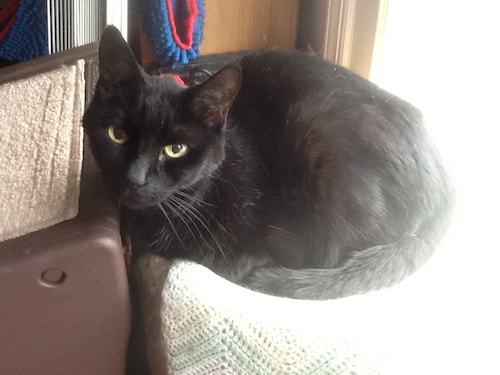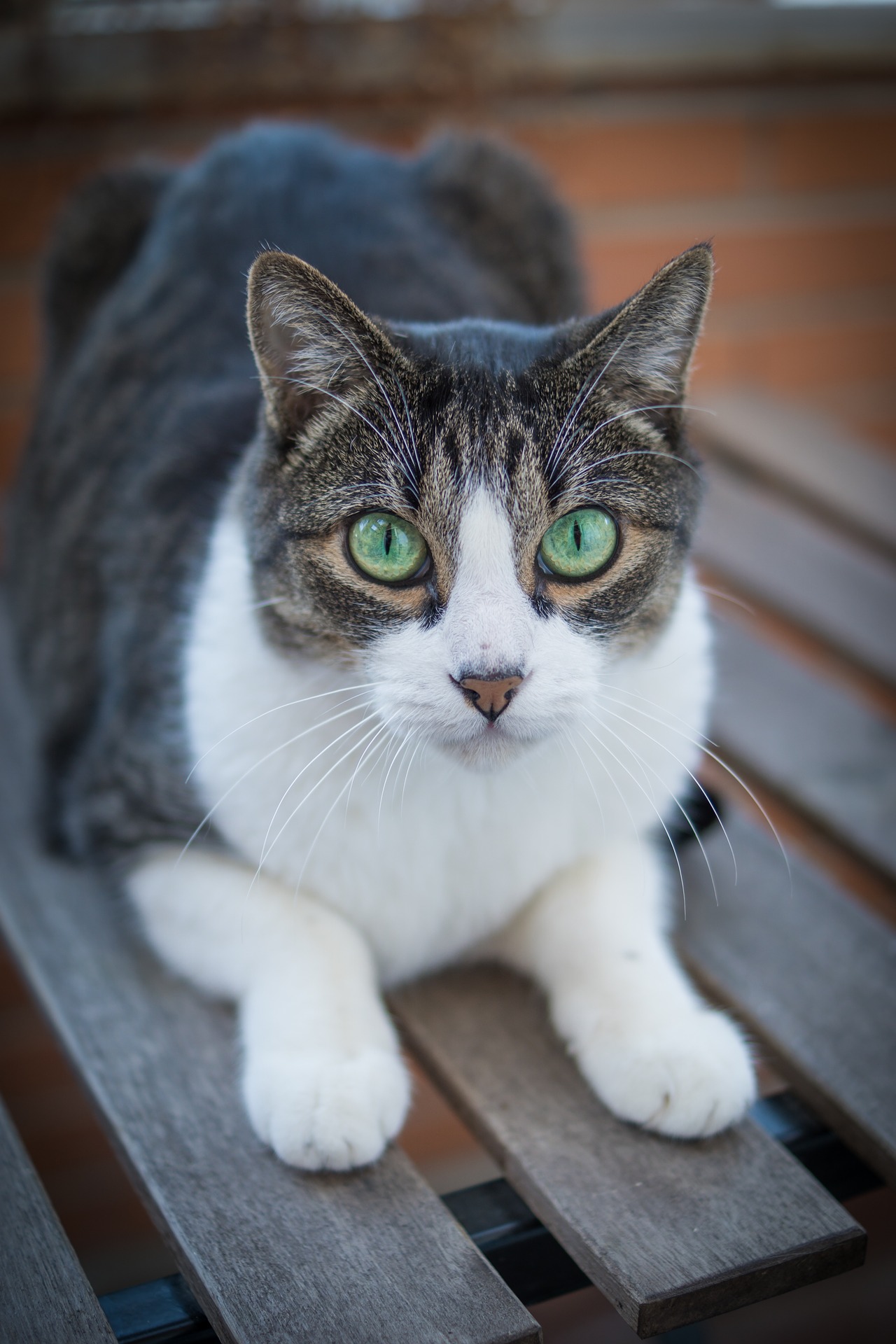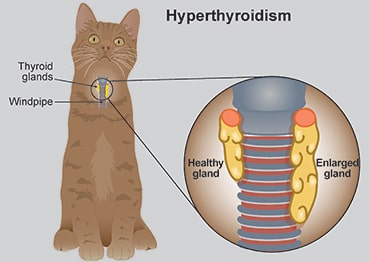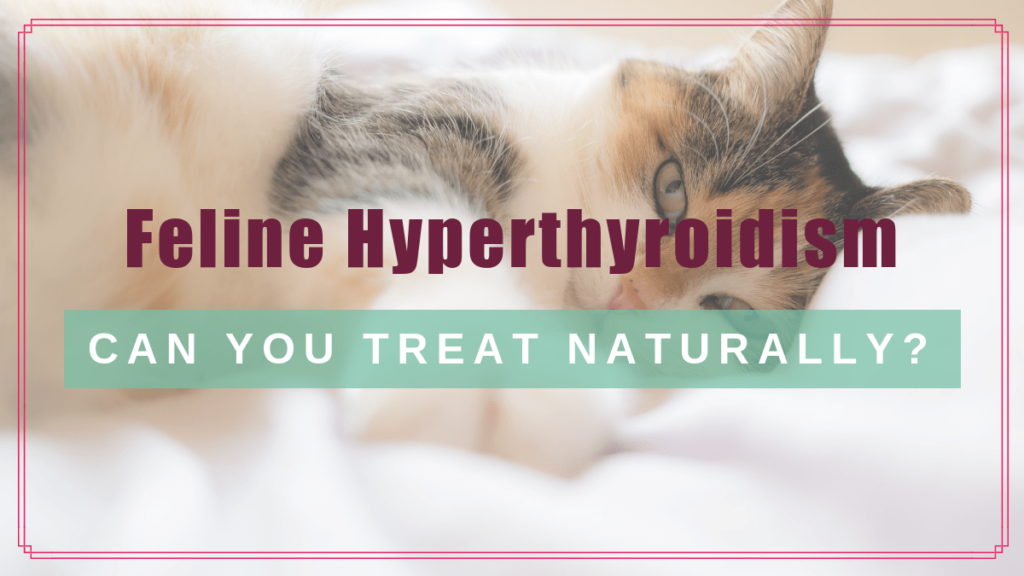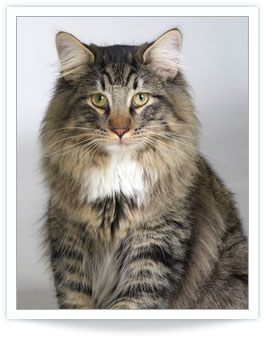Heart disease vomiting diarrhea anorexia anesthesia hyperthyroidism is a common disease in cats and mostly afflicts cats middle aged and older.
Cat overactive thyroid not eating.
When there s too much the cat is overactive and very skinny.
Thyroid hormone thyroxine governs metabolic rate.
7 things you need to know about hyperthyroidism in cats.
However an overactive thyroid is quite common.
However if your cat has compromised kidney function more moderate levels of protein may be advisable.
These foods can help a cat regain the weight and muscle mass that they have lost due to their overactive thyroid.
Whilst side effects are uncommon after surgery your cat may have symptoms including loss of appetite vomiting and tiredness.
These are very serious symptoms but internal changes are even more serious.
Suggested articles hypertension chronic kidney disease diagnosis.
Also called thyrotoxicosis hyperthyroidism is caused by an increase in production of thyroid hormones known as t3 and t4 from an enlarged thyroid gland in a cat s neck.
A cat with untreated hyperthyroidism may stop eating altogether.
It may also exhibit blood in its stools.
Many older cats with overactive thyroids have actual enlargement of the gland which can be felt in the neck by your veterinarian.
Other than unexplained weight loss your cat may also become more restless hyperactive vocal and extremely hungry.
Quite simply put together hyper meaning over and thyroid and you have hyperthyroid meaning overactive thyroids.
Hypothyroidism or an underactive thyroid can sometimes develop as a result of surgery to address an overactive thyroid.
When there s not enough the metabolism runs slow meaning a fat lazy cat.
Here are a few things to know about hyperthyroidism in cats and how to manage it.
Various illnesses and conditions can lower your cat s appetite for a while but hyperthyroidism is not a wait and see type of disorder.
In cats an underactive thyroid is extremely rare.
What does the thyroid gland do.
Treatment involves complete removal of the thyroid glands radioactive iodine therapy or anti thyroid medications.
This is because the cat s heart must work harder to match the state of its overactive.
Feline hyperthyroidism untreated can cause serious heart problems.



